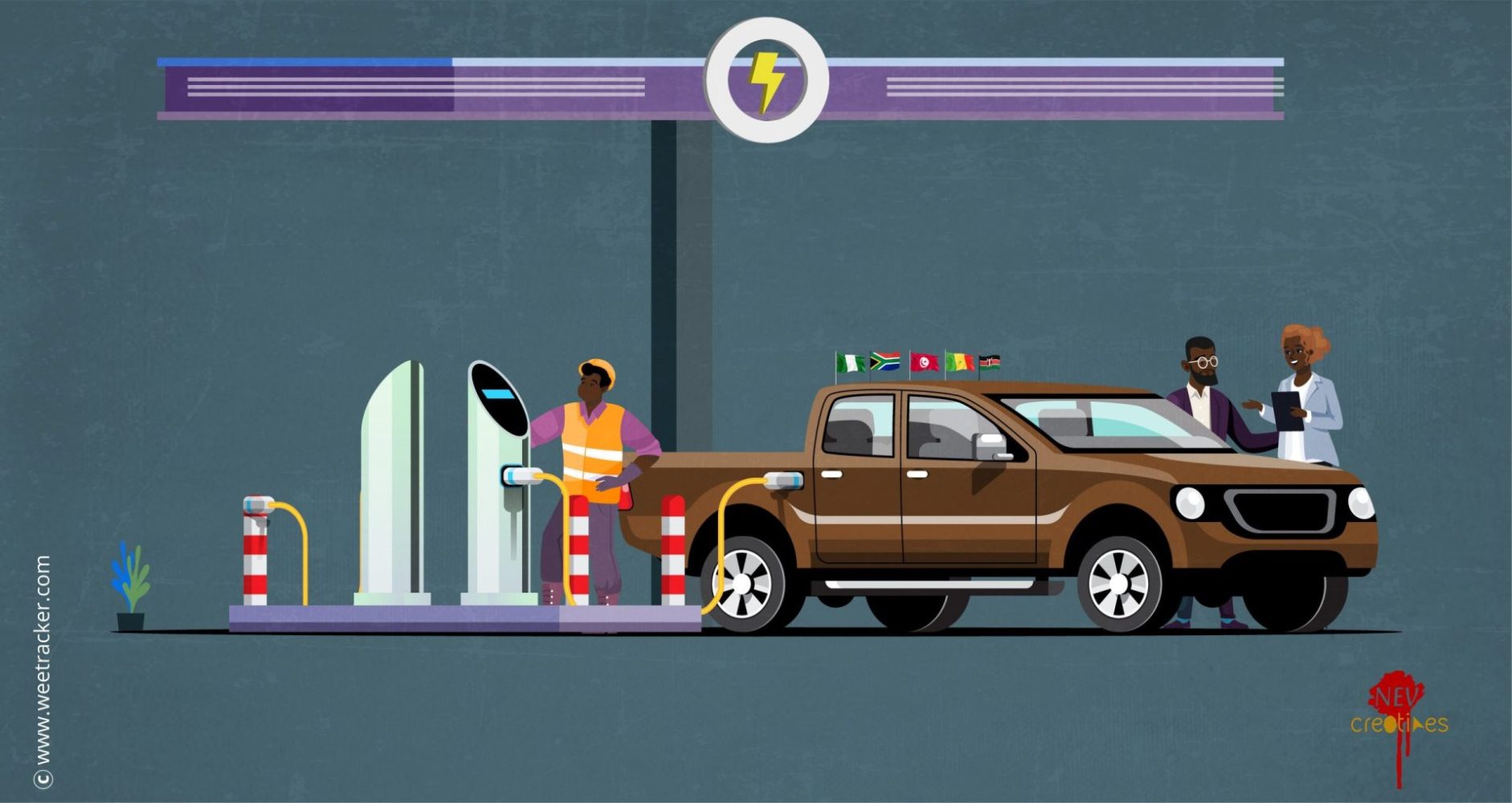Kenya’s Proposed EV Tax Hikes: A Step Back For E-Mobility?

Kenya’s government plans to introduce a Finance Bill in 2024, proposing new value-added taxes (VAT) on electric bikes, buses, and solar and lithium-ion batteries. This move has sparked concerns among industry experts, who fear it could stifle the growth of the country’s emerging e-mobility sector.
The new taxes would significantly increase the cost of essential components. For instance, the price of a 60-kilogram solar battery could rise by USD 312.00. The Nairobi-based Associated Battery Manufacturers highlighted this impact, pointing to the broader economic implications.
Kenya has seen a rapid increase in electric vehicle (EV) adoption, with registrations jumping from 475 in 2022 to 2,694 in 2023. This growth was largely driven by tax breaks and government incentives. However, the proposed taxes threaten to reverse this progress.
The draft e-mobility policy introduced in April 2024 aimed to boost local manufacturing and assembly of EVs. It offered incentives to manufacturers and supported local battery production, recycling, and repurposing. Additionally, Kenya started issuing green license plates for EVs to raise public awareness.
Industry insiders warn that the new taxes could deter investment and slow the adoption of EVs. This would be a significant setback, especially considering the efforts of startups like Roam, Spiro, and Ampersand, which have expanded operations in Kenya. These companies have introduced thousands of electric motorcycles and established the region’s largest electric motorcycle assembly plant.
The proposed taxes also threaten the growing popularity of electric buses in Nairobi. Public transport companies are increasingly embracing these eco-friendly options, and higher costs could discourage this trend.
President William Ruto has defended the Finance Bill, citing the need to increase tax revenue to manage Kenya’s debt. Debt service payments recently consumed over 84% of the country’s tax revenues. Ruto argues that enhancing tax revenue is crucial to prevent the country from falling into debt distress.
While Kenya’s proposed tax hikes aim to broaden the tax base and address debt, they risk undermining the country’s progress in e-mobility. The balance between fiscal responsibility and sustainable growth in the EV sector remains a critical challenge.